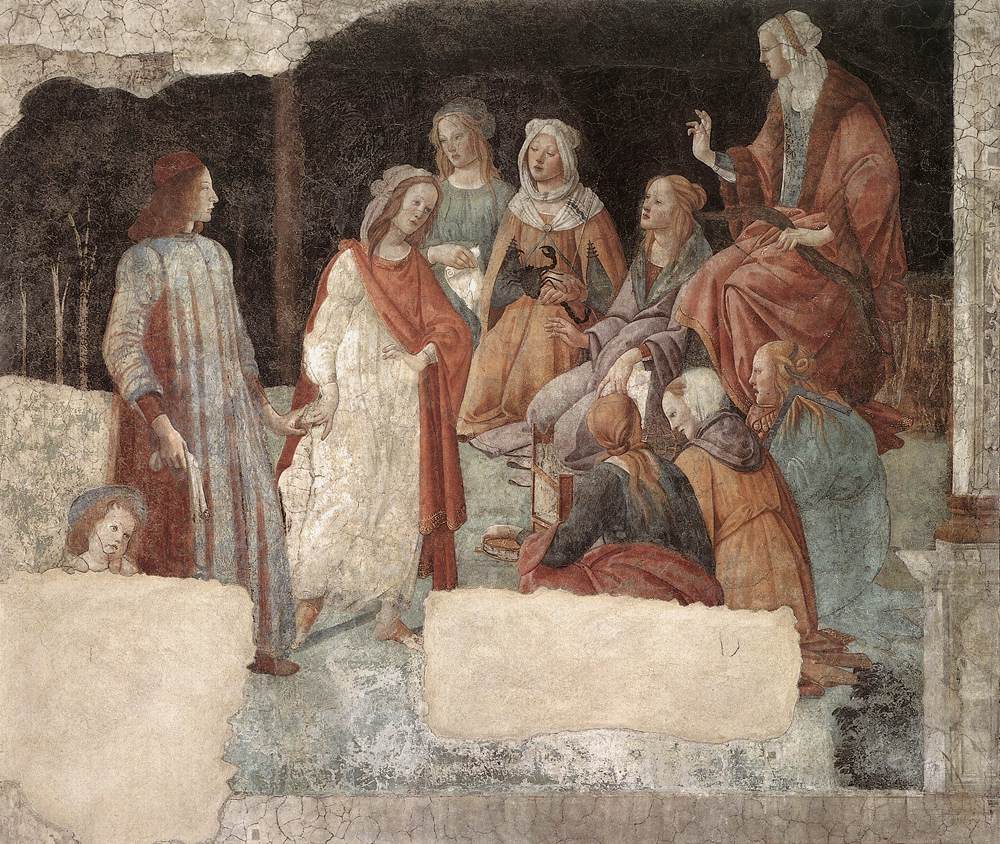Latin lives, as much as we do (and perhaps more): reflections on the ongoing and vital meaning of the Latin language:
Every cultural phenomenon is accompanied by its own aura – something that goes beyond banal prestige. The aura of Latin is most susceptible to transformations and reductions. Today it even seems to have disappeared, because other things matter or seem to matter: technology, the spur of the moment, the easy, the ephemeral – the new, above all and at any given moment. Very few people – unfortunately, not those who have political and economic sway – think that what is new and renewable can and should be realized only in relation to the maintenance of something else that, instead, ought to remain….
It is a timeworn custom to describe Latin (or ancient Greek) with the ugly and imprecise metaphor of a dead language: on the contrary, Latin is alive because it speaks to us, because there exist texts of extraordinary expressive power written in that language possessing at one time tremendous influence over the course of many centuries, which continue to tell us important things about the meaning of life and society. Latin is alive because without this Latin I will not be who I am. Latin has shaped societies and sentiments in and by which we all live. Without Latin our world would not be what it is.
To enter into the complexity of Latin, to appreciate its etymological resonances (be it at a linguistic or a conceptual level), to sort out its structures and to enjoy its formal beauties – all this is a means to understand ourselves better, to find remedies even before problems arise, and the same time to take part in a very special happiness, a happiness that is born, to speak with Aristotle, from the desire to interpret, to go a bit beyond direct evidence. Why, indeed, reduce knowledge to immediate information or utilitarianism, why renounce reflection and intellectual adventure? Why believe that the present is the only moment in which one lives and that antiquity is material to keep away in the attic? Why refuse to understand that the history of our lives is only one fraction of history, and that life has begun before we were born and that the existence of an individual is much more authentic if placed in a context that transcends the limits of the civil registry?
Nicola Gardini, Viva il latino: storie e bellezza di una lingua inutile.









Leave A Comment